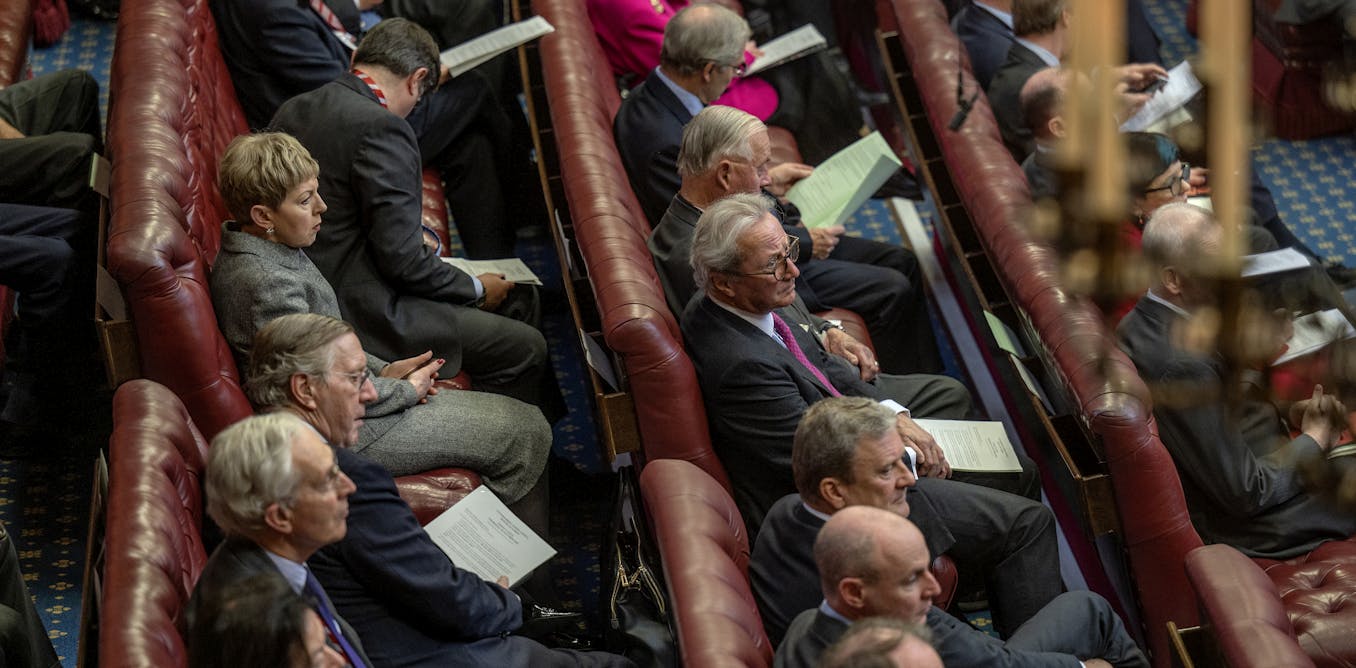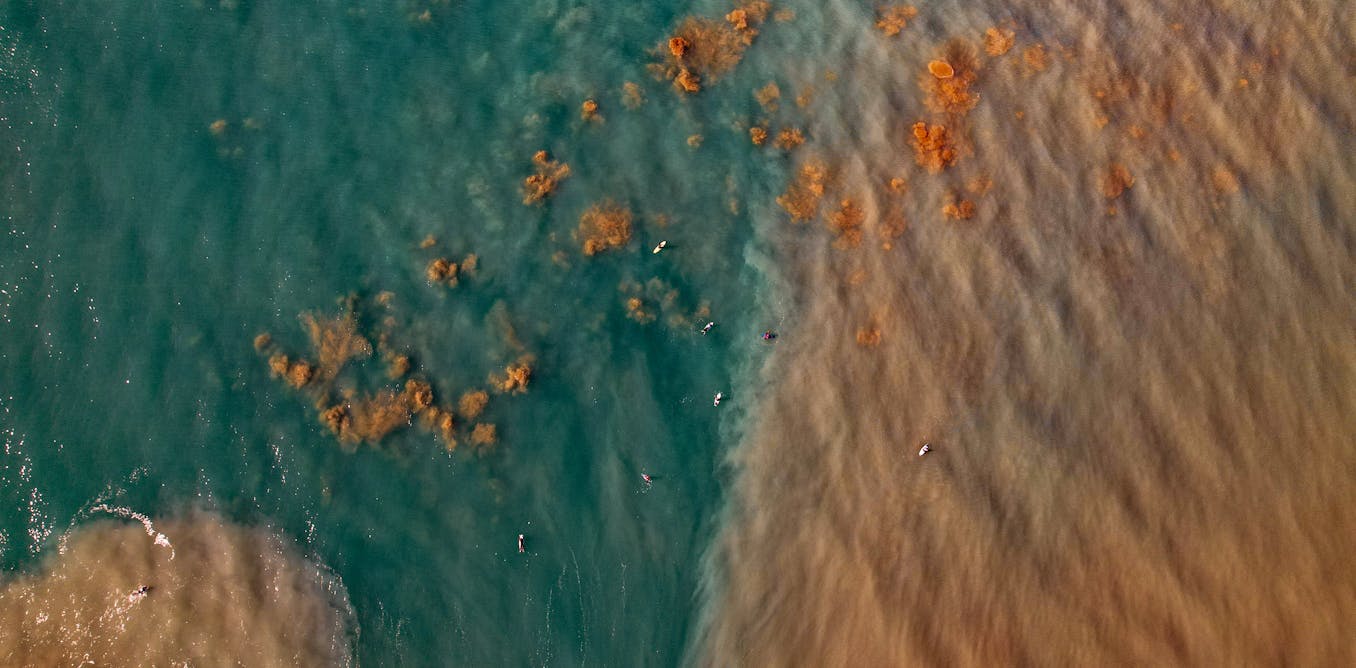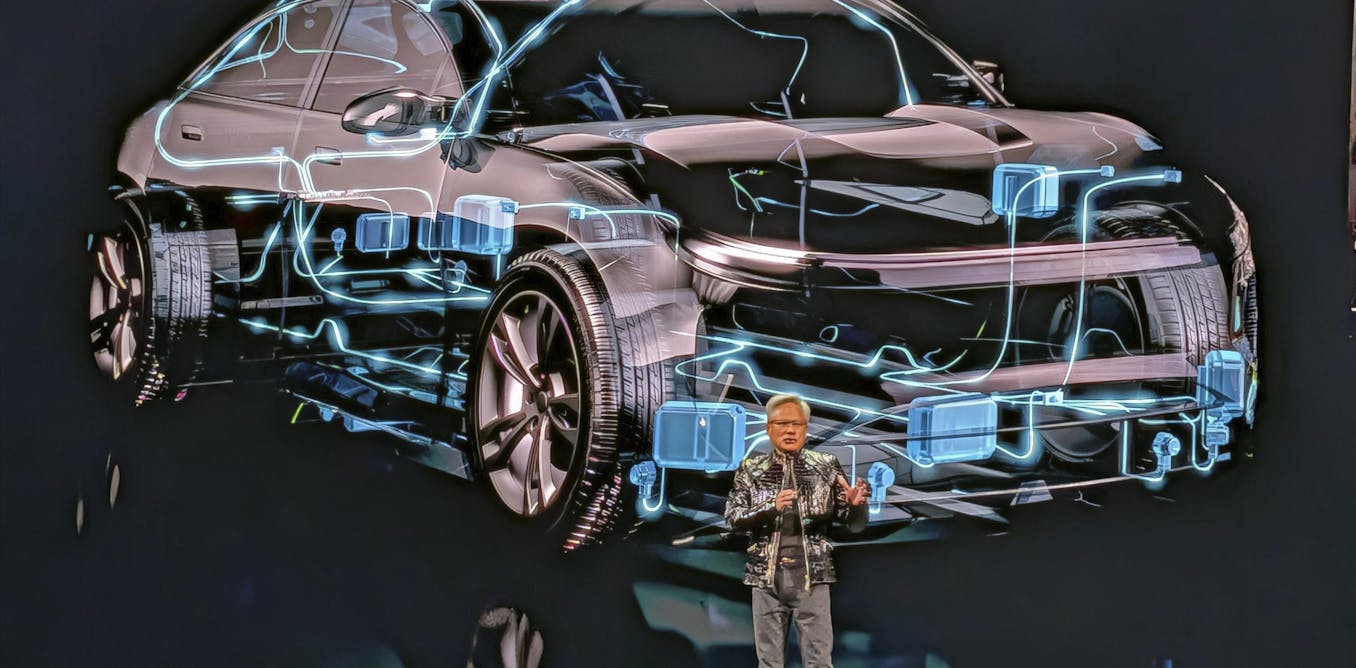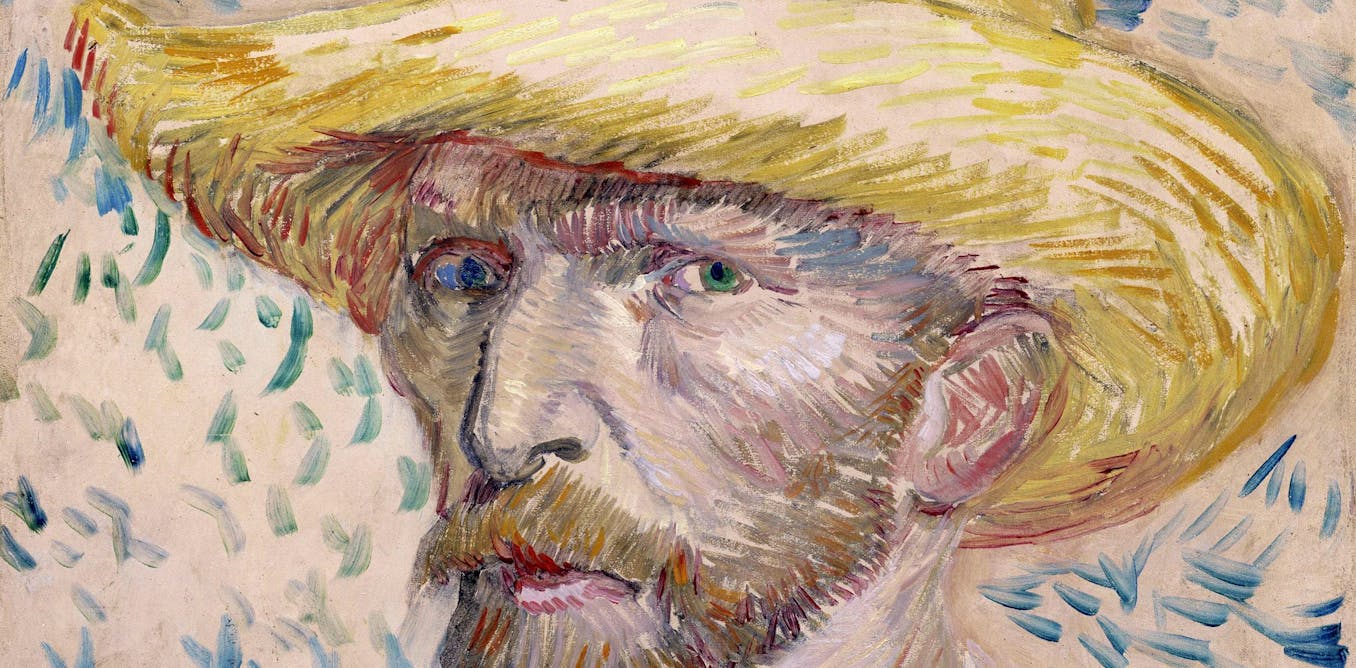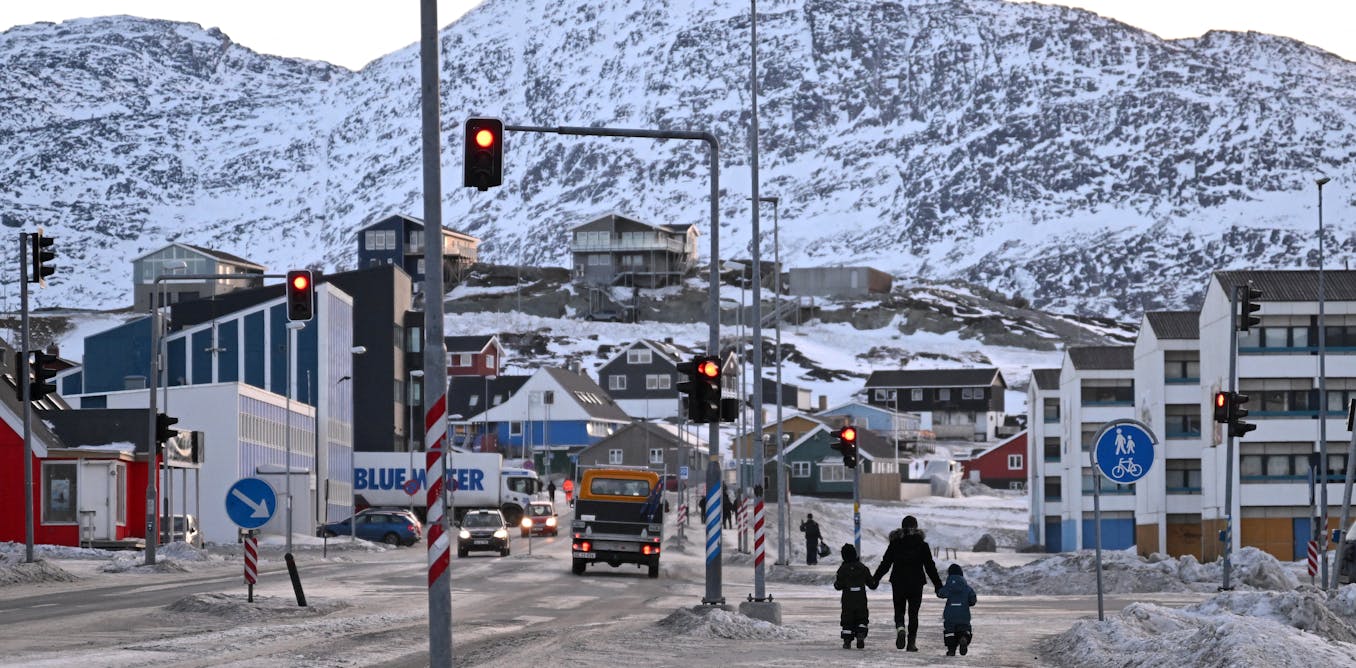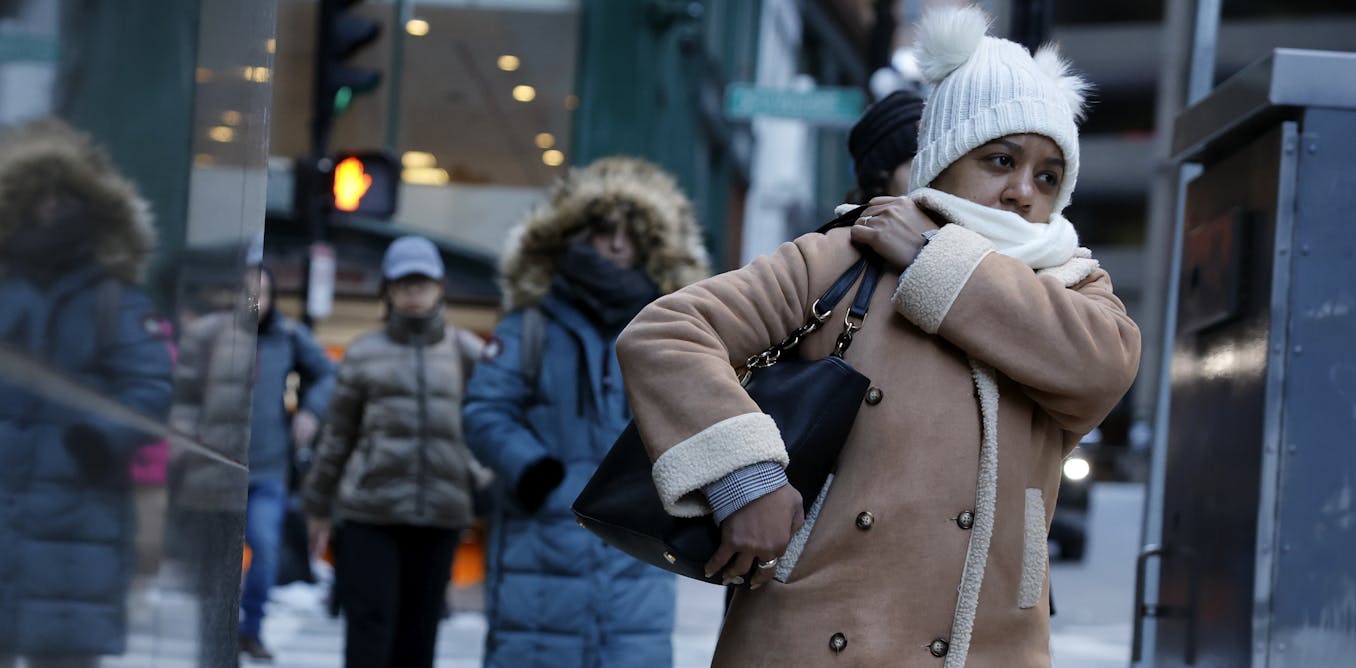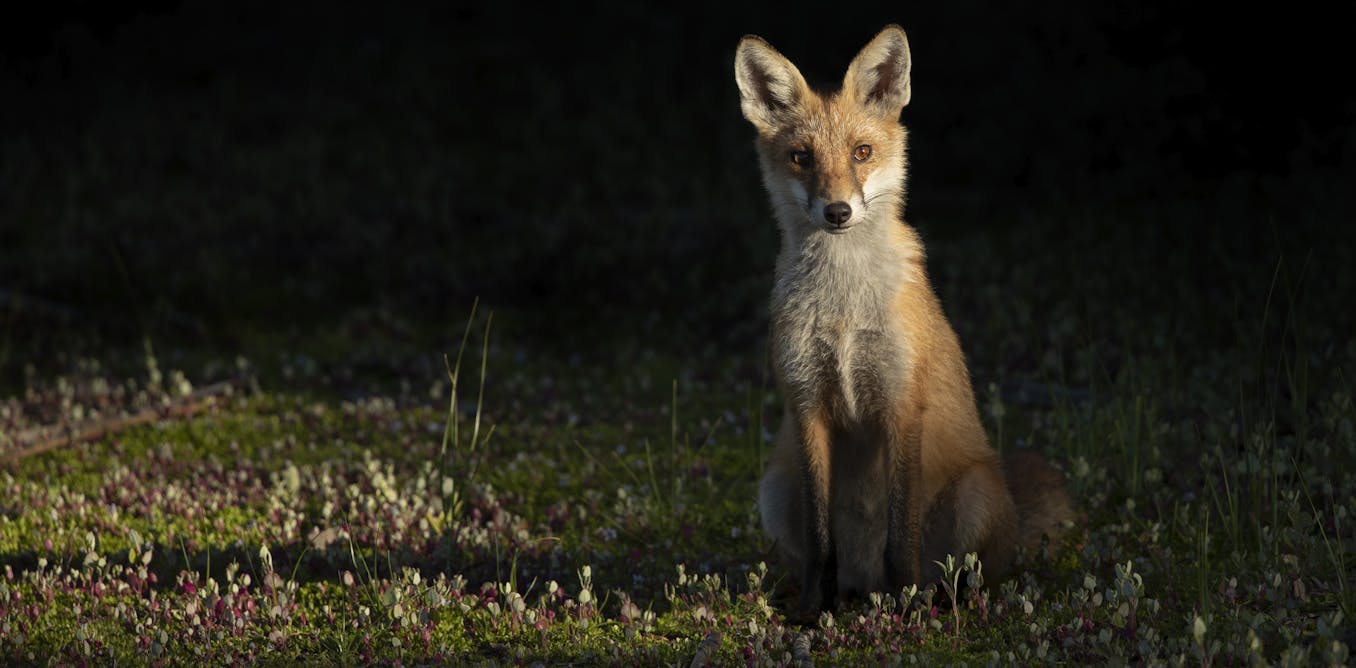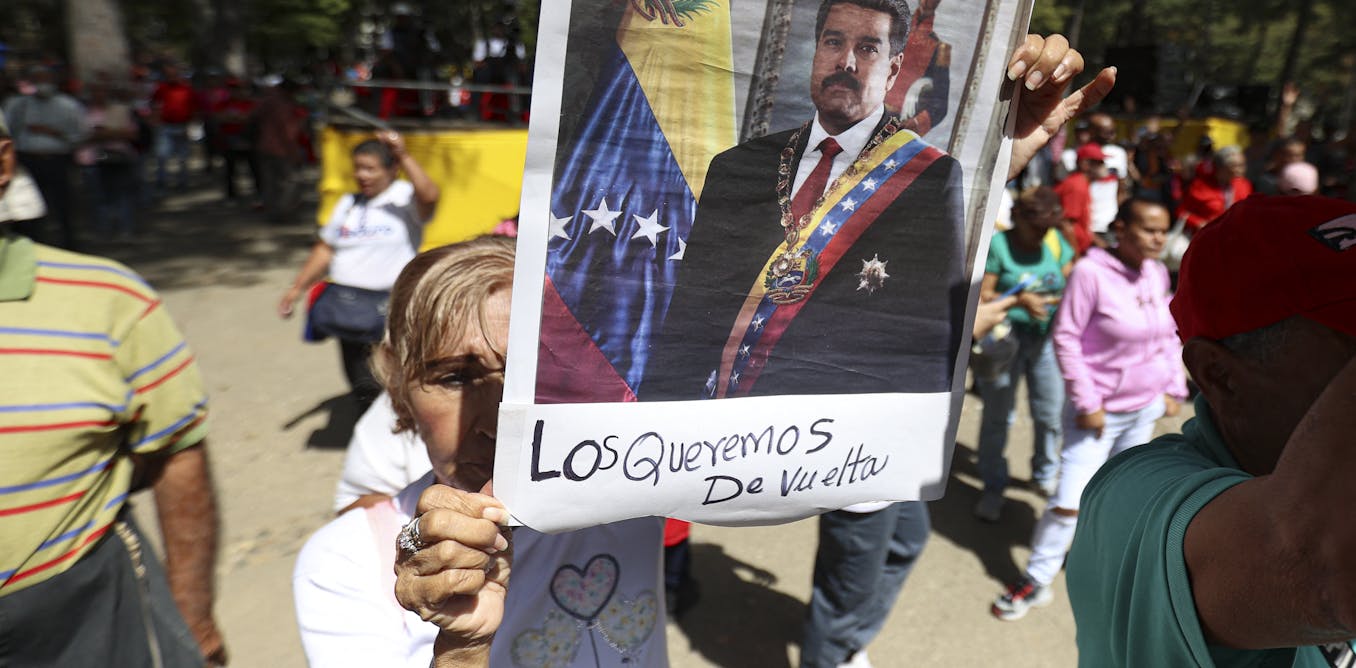What the World Can Learn From Ukraine’s Fight for Democracy | Olesya Khromeychuk | TED
Olesya Khromeychuk is a Ukrainian historian who shared in her TED Talk, “What the World Can Learn From Ukraine’s Fight for Democracy,” the valuable lessons that the world can take from Ukraine’s continual struggle for democracy. The core message is how Ukraine’s history of statelessness, its diverse population, and its citizens’ persistence in fighting for their freedom have contributed to the development and preservation of democracy.
Khromeychuk emphasized that Ukrainians have continued their journey towards democracy despite facing numerous obstacles throughout history. From challenging oppressive rulers to forming human chains in celebration of unity and defense of the future, Ukrainians have persevered. She spoke about the significance of unity within Ukraine’s diverse population, emphasizing how different ethnicities have united in times of crisis to protect each other’s rights and the sovereignty of the country.
In addition, Khromeychuk shared the importance of having a vision for the future worth fighting for and the role of perseverance in the fight for democracy. She tapped into Ukraine’s referendum for independence in 1991, highlighting the profound effect it had on her and her family, and how it has shaped the trajectory of Ukraine’s democratic journey.
Ultimately, Khromeychuk’s talk encourages the world to draw from Ukraine’s experiences to strengthen democracy, emphasizing the need for perseverance, unity, and a clear vision for a democratic future. She illustrates that despite the hard work it requires, the rewards of a flourishing democracy are invaluable.
Watch the video by TED
In Ukrainian, the word for a vote is the same as that for a voice: holos. So to cast your vote for someone is to literally give them your voice. And it makes sense. By choosing our political representatives, we lend them our voice. If they misuse it, it can render us voiceless.
But if they use it well, it can amplify our voice, making sure that it is heard. Amplifying the voices of the silenced is at the heart of democracy. Now you might wonder why on Earth this Ukrainian thinks that she can talk about democracy.
As a historian, surely I should know that my country has been locked in an empire of one sort or another until recently, and has been struggling with corruption and other challenges since it regained independence. And you’ll be right to wonder that. But I would like to suggest that those are the reasons
That qualify me to talk about democracy. In spite of numerous obstacles throughout their history, Ukrainians continued to walk the road to democracy. In spite of numerous attempts by our rulers, from the Russian tsars to communist dictators, to silence us, we found ways of making our voices heard.
And I’d like to focus on three lessons that we could learn from Ukrainians that can help us strengthen our voices wherever we are in the world: perseverance, unity and vision. Let me start with perseverance. States that haven’t enjoyed a long history of self-rule don’t tend to be taken seriously
In discussions that are dominated by nations with a long democratic tradition. What could a young state possibly contribute to a conversation about democracy? It’s only just learning how to be democratic. When I experienced the sort of dismissal of a Ukrainian voice in some international discussions, it reminded me of a situation
When a young woman’s experience is dismissed by a group of older men. She can’t possibly have anything of value to contribute to a serious conversation, can she? Naturally, I like to challenge that view. Ukraine’s history of statelessness demonstrates that living under oppressive regimes, Ukrainians learned the value of freedom.
For us, it’s not something to be taken for granted. It’s something to be fought for and, once gained, protected. Another legacy of statelessness is the fact that we don’t have a tradition of revering rulers. In fact, we’re pretty suspicious of political leaders.
Those who have tried to hold on to power and flirted with authoritarianism got a taste of democracy in action. “Democratia,” after all, means “people power.” Ukrainians take to the streets at least once a decade to protect their freedom. Many of you might remember the last major protests
That took place in Ukraine in 2013-2014. They came to be known as the Revolution of Dignity. Peaceful protesters came out to the squares all over Ukraine to demonstrate against corruption and abuse of power by the president of the time. One of the iconic figures for those protesters was Taras Shevchenko,
An 19th-century Ukrainian poet who is known as the founder of the Ukrainian nation. The poems that he wrote in the subjugated, stateless Ukraine of the 19th century fueled protesters in 21st-century Ukraine as they fought to consolidate democracy. One of the first protesters killed by the riot police was Serhiy Nigoyan.
The last footage of Serhiy from the protests is of him reciting Shevchenko’s poem, and the most famous line is: “Boritesia – poborete.” “Keep fighting, and you will prevail.” In other words, persevere. The Revolution of Dignity ended in the victory of the people. The corrupt president fled the country,
And the nation was able to choose a new leadership in a free and fair election. The country was en route to consolidating its democratic institutions. But threatened by people power on its doorstep, the Kremlin started a war against Ukraine in 2014. A flourishing democracy next door is a scary thing for an autocrat.
So Ukrainians continue to persevere to protect their freedom, but now we also have to do so on the battlefield. Let me now turn to unity. The protester, Serhiy Nigoyan, was Armenian by ethnicity. His participation in the Ukrainian nationhood was a political choice. A multiethnic, multicultural, multilingual nation,
Ukraine has been deliberately presented by the Kremlin and misunderstood by much of the world as divided. In reality, diversity makes this political nation only more united in times of crisis. For instance, Crimean Tatars know very well what it means to suffer from colonization and repression.
They were deported from Crimea, their homeland, in 1944 by Stalin, and have been persecuted by the Russian occupying authorities since 2014. That is why you will find them fighting in the Ukrainian Armed Forces for the liberation of all parts of Ukraine, alongside Ukrainians of Polish, Jewish, Romanian or any other backgrounds.
Protecting the rights of one group supports the protection of all. Ukrainians have an official Day of Unity. It is celebrated on January 22. The date is chosen because on January 22, 1919, Ukrainian lands that had previously been ruled by the Habsburgs and the Romanovs united into one state through the Treaty of Unity.
That state didn’t last long, but the experience of unity and sovereignty left a powerful legacy. That is why on January 22, 2022, just a month before the start of the full-scale invasion, when the Russian troops were all around the Ukrainian borders, ready to attack, citizens of Ukraine in different parts of the country
Formed a human chain in celebration of the past and in defense of the future. And this brings me to vision. The vision of Ukraine as a democratic, united country, free of imperial oppression has its roots in a time when independence and democracy could only be a dream.
But it is people that make dreams come true. I know it. I watched one such dream become a reality. It was on December 1, 1991. I was seven at the time. It was the first taste of democracy for me, but also for my country.
I was born when Ukraine was still part of the USSR. I caught the tail end of the crumbling Soviet empire. They held regular but utterly pointless elections. Elections with only one winning candidate. I witnessed the implementation of a social contract that said,
“we’ll pretend to give you a vote and you’ll pretend to elect us.” On December 1, 1991 everything was different. No more pretending. This was for real. The nation was being asked to determine its future in a referendum. There was only one question to answer:
“Do you support the act of Declaration of Independence of Ukraine?” The turnout was 84 percent. Almost 30 million people. Over 90 percent of those who voted said yes. The USSR was dissolved a week later. Now, if that is not people power, I don’t know what is. The experience of witnessing this referendum
Had a profound effect on me. I remember my entire family dressing in our finest traditional embroidered shirts, vyshyvanki, to go to the polling station. It felt like a holiday. And perhaps it was. Gaining freedom is definitely something worth celebrating. Generations of Ukrainians before 1991 had a vision of the future for their country,
But their voices were silenced. My parents’ generation managed to get their voices heard and willed that vision into being. It is up to my generation and those who come after to protect that vision of a democratic Ukraine. So the three lessons from Ukraine are simple,
And we can turn to them wherever we are facing the fight for democracy. Have a vision of the future that is worth fighting for. Be united in that fight. And all you’ll need to succeed will be perseverance. And if there’s one thing Ukrainians do know about democracy is that it’s really hard work,
But it pays off. Taras Shevchenko, the 19th-century poet I cited at the start of my talk, was born into serfdom. He had no power, no political voice. Eventually he was bought out of serfdom, but his freedom continued to be limited. As soon as his fiery poetry criticizing Russian imperial oppression was discovered,
He was imprisoned, sent to serve in the imperial army for ten years as a private and banned from writing. So he was robbed of his voice for a second time. And yet his poetic voice was so powerful that the verses he wrote not only survived the repression of his times
But also fueled and sustained the future generations who fought for and achieved independence. In September 2022, when the soldiers of the Ukrainian Armed Forces were liberating the city of Balakliya in the Kharkiv region, they tore down a billboard poster depicting the Russian flag
And a slogan which said, “We are one nation with Russia.” It had been put there by the occupying Russian authorities. Underneath that poster was another, predating the occupation. It was a portrait of Taras Shevchenko and the famous lines from his poem: “Boritesia – poborete.” Keep fighting, and you will prevail. Thank you.
About TED
The TED Talks channel features the best talks and performances from the TED Conference, where the world’s leading thinkers and doers give the talk of their lives in 18 minutes (or less). Look for talks on Technology, Entertainment and Design — plus science, business, global issues, the arts and more. You’re welcome to link to or embed these videos, forward them to others and share these ideas with people you know.
Video “What the World Can Learn From Ukraine’s Fight for Democracy | Olesya Khromeychuk | TED” was uploaded on 02/20/2024 to Youtube Channel TED



